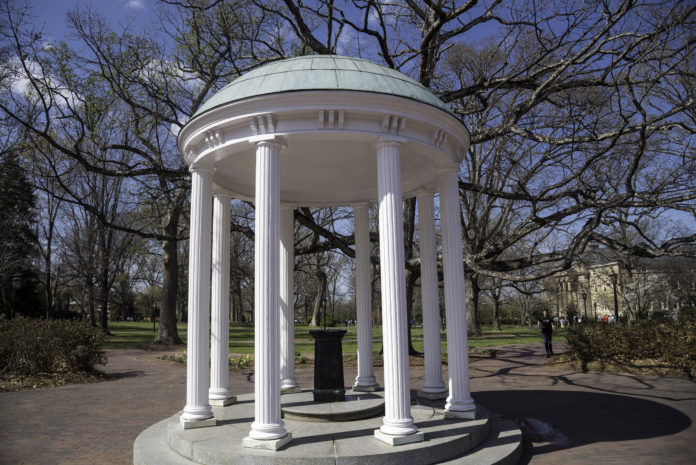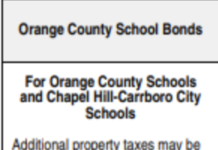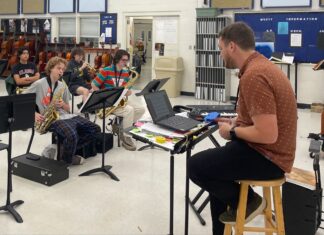The University of North Carolina (UNC) has proposed to change the curriculum for first-year students, its first proposal for curriculum change in 15 years, by 2019. The change is meant to create courses students cannot complete before college.
The Coordinating Committee, which debates the potential change, is composed of eight subcommittees created in 2016 by the Dean of the College of Arts and Sciences, Kevin Guskiewicz.
The new curriculum’s first draft would require first-year students to take three separate courses from the humanities or fine arts, social sciences and natural sciences, which include math or science classes. It would also release varsity athletes from lifetime fitness courses that UNC requires students to take before graduation.
“If the proposal as it currently stands is adopted, students will have a somewhat more focused, structured first year,” Andrew Perrin, a professor of sociology at UNC and the head of the committee, said.
While the committee is addressing the proposed change, students and staff at the university are challenging the reforms due to the fact that United States and Global Diversity courses would be combined for one course requirement. If that change occurred, it could lower the number of students who enter the field of history at UNC.
“Many people have misunderstood the process and think it is a ‘take it or leave it’ situation; either you accepted the first draft produced or you did not,” Perrin said. The council will take the problems raised by students and staff into account before creating a final draft.
Students and staff at the university have created a series of petitions to express their opinions on the changes.
One was written by Jennifer Ho, a professor of English and Comparative Literature. Ho was concerned that the new curriculum would discourage incoming students from taking courses studying racism or Islamophobia, social courses typically associated with liberal arts education.
James Thompson, a fellow professor of English and Comparative Literature, expressed optimistic views about the reforms, which he believes will reduce complications students face when entering the university. Yet he still remains cautious about the impact it will have upon students’ experiences at the university.
“While required courses often seem like a good idea, our student population is really heterogeneous. They are really not the same, and there will be a bunch of students really unhappy that they have to take one required course after another. They already did that in high school,” Thompson said.
The new curriculum would no longer accept accelerated courses in place of general education courses at the university, a change which is meant to aid North Carolina students from rural areas who do not have access to such cours-
es. The reform is supported by the student government and Graduate and Professional Student Federation President Madelyn Percy.
“I think it is really important for students to have some background in historical research. It’s important to be able to read a primary document and then make conclusions based upon the document,” Percy said.
The process of reforming the university’s curriculum is ongoing, and the university may address the concerns raised by students and staff in the coming months.












